Water flosser is an effective alternative to traditional flossing, offering a deeper cleaning experience that removes plaque and debris more efficiently. But how often should you use one? The answer depends on individual oral condition—let’s explore the best practices for different needs.
For most people, using a water flosser once per day (preferably at night) is ideal. This helps remove food particles and plaque buildup that brushing alone can’t eliminate, reducing the risk of dental caries and gum disease.
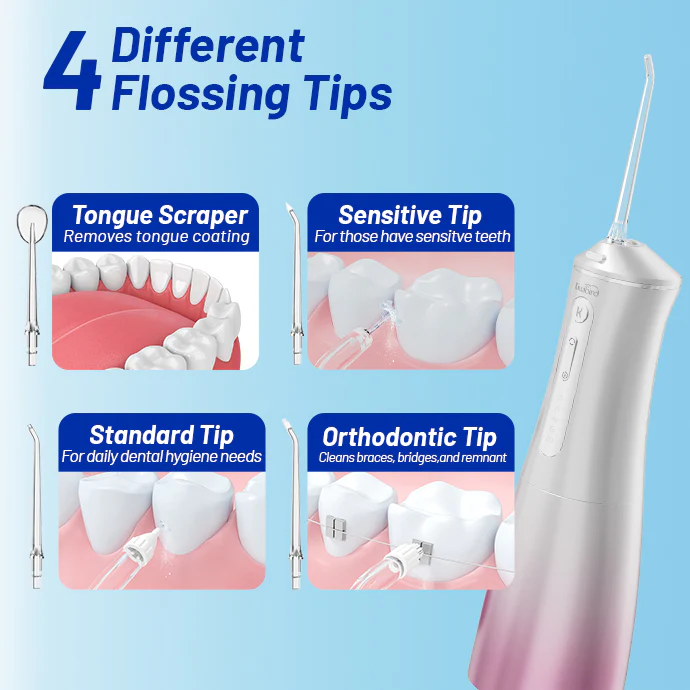
Braces trap food easily, making oral hygiene more challenging. If you have dental braces, consider using a water flosser after every meal to dislodge debris around brackets and wires, preventing plaque accumulation.
Gum inflammation and periodontal disease require extra care. Dentists often recommend using a water flosser twice daily (morning and night) to flush out bacteria from deep gum pockets and promote healing.
People susceptible to dental caries benefit from daily water flossing to remove hidden plaque between teeth. Pairing it with fluoride mouthwash enhances protection against decay.
If gums are sensitive, start with a low-pressure setting and use the water flosser every other day, gradually increasing frequency as tolerance improves.
After procedures like implants or deep cleanings, your dentist may recommend temporary adjustments—such as reduced pressure or frequency—to avoid irritation.
While the ideal usage depends on individual oral condition, consistency is key. Whether you use it daily or multiple times a day, regular water flossing ensures deeper cleaning and long-term oral health benefits.
For professional-grade water flossers tailored to different needs, explore our [https://www.powsmart.com/] today!

Could Bristle Splaying Rapidly Induce Uneven Cleaning Patterns?

How Long is the Battery Life of Electric Toothbrushes on the Market?
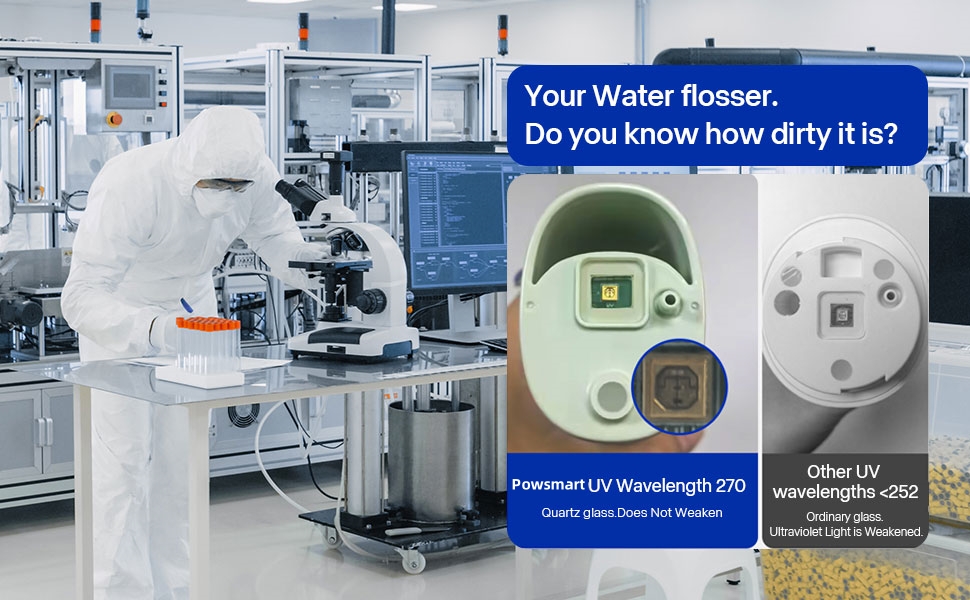
How to Select One Type of Suitable Dental Irrigator?
Does LED Light Malfunction Worsen Enamel Abrasion Concerns?
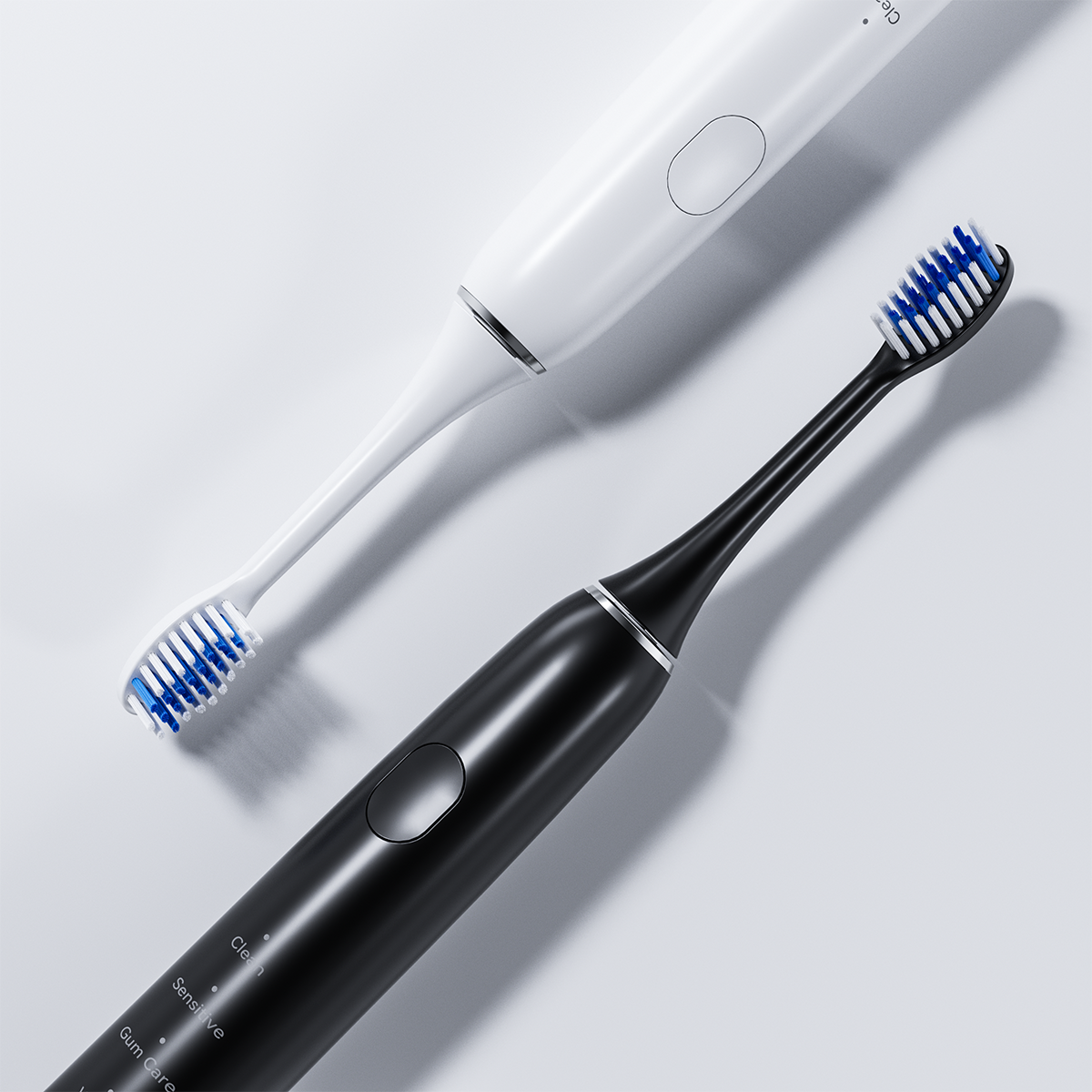
Do I Need to Consider the Appearance Design When Choosing an Electric Toothbrush?

What Kind of People Are Not Suitable for Using Water Flossers?

The Sterilizing Function of the Dental Flosser You’d Love to Know
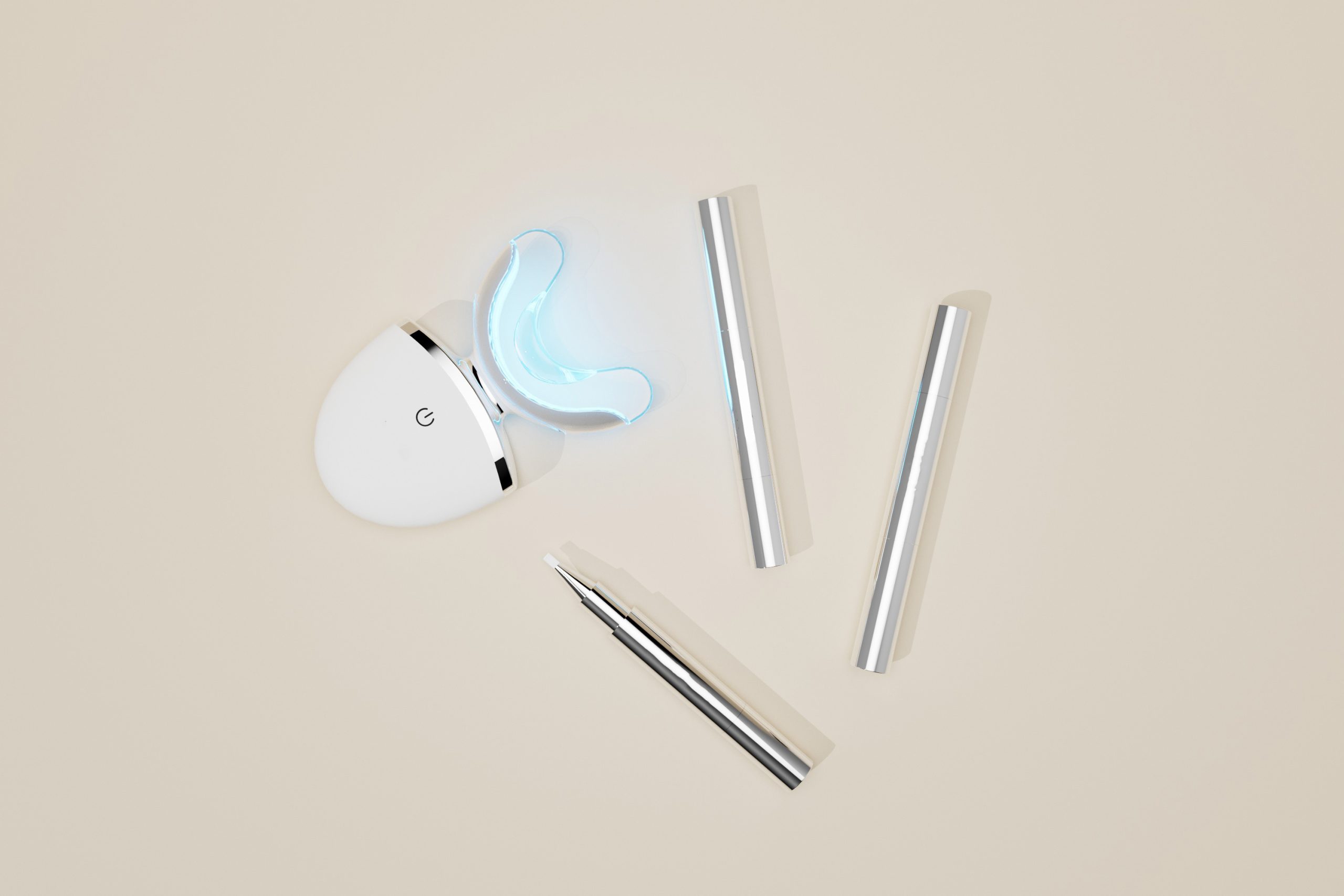
What Packaging Options Are Available for Custom Whitening Gel Products?

Comparison of Electric Toothbrush Battery Types: How to Choose the Power Solution That Best Suits Your Brand Positioning?
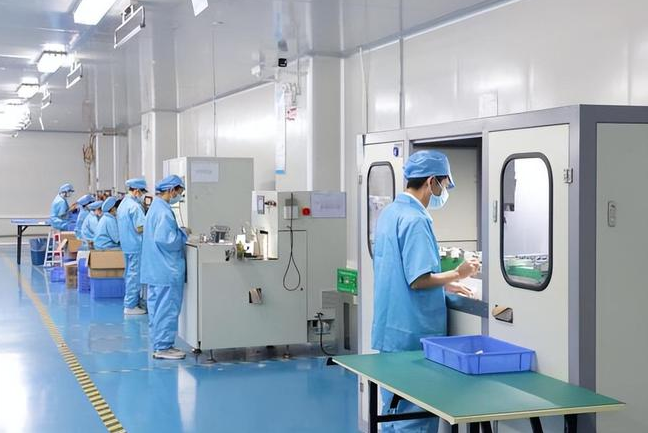
What Are the Materials and Processes of electric toothbrush Handle Shell Used?
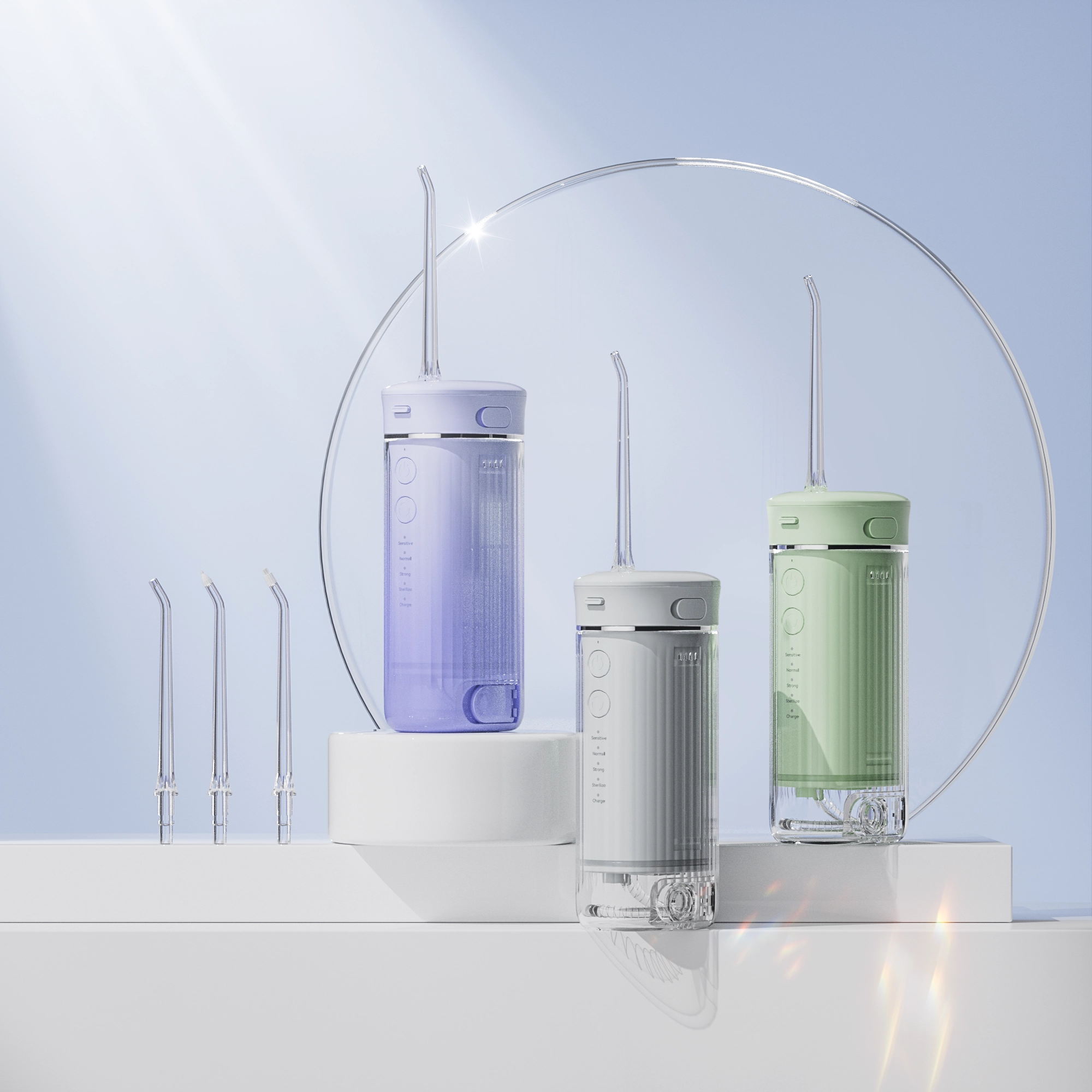
Does Using a Water Flosser Mean You Don’t Need to Brush Your Teeth?
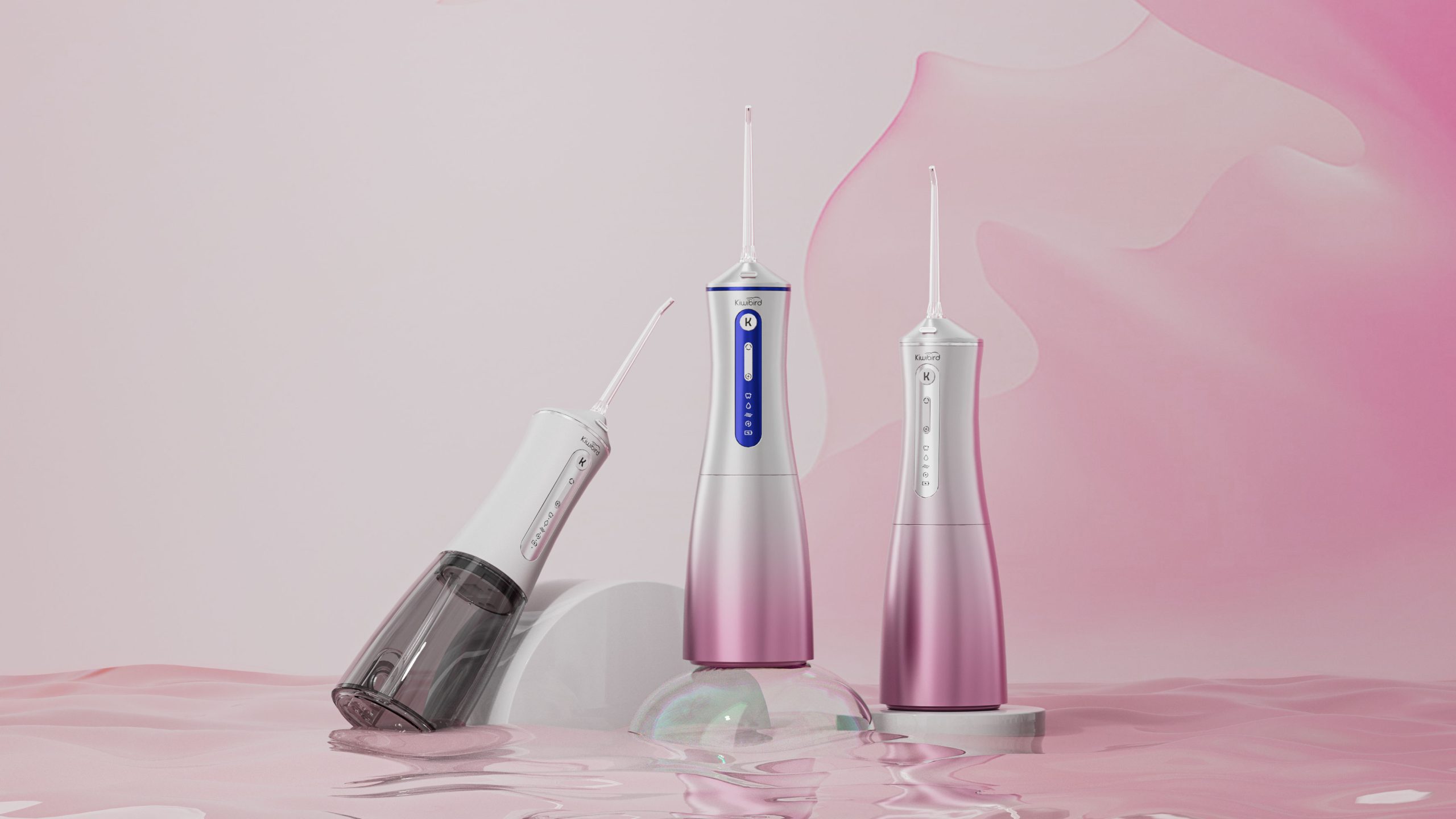
Will the Water Flosser Make the Gaps Between Teeth Bigger?

Solutions to Common Problems with Teeth Whitening Devices: How Can Manufacturers Reduce Product Return Rates?
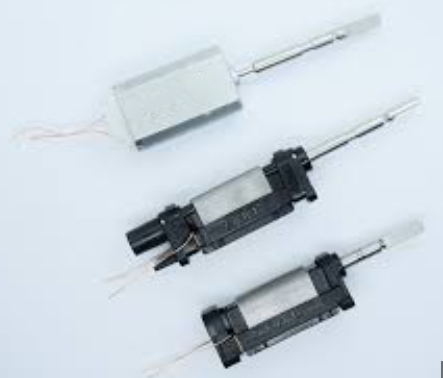
What Is the Difference Between Different Manufacturers of Electric Toothbrush Motors?
Why Do Replacement Part Scarcity Exacerbate Noise Level Spikes?
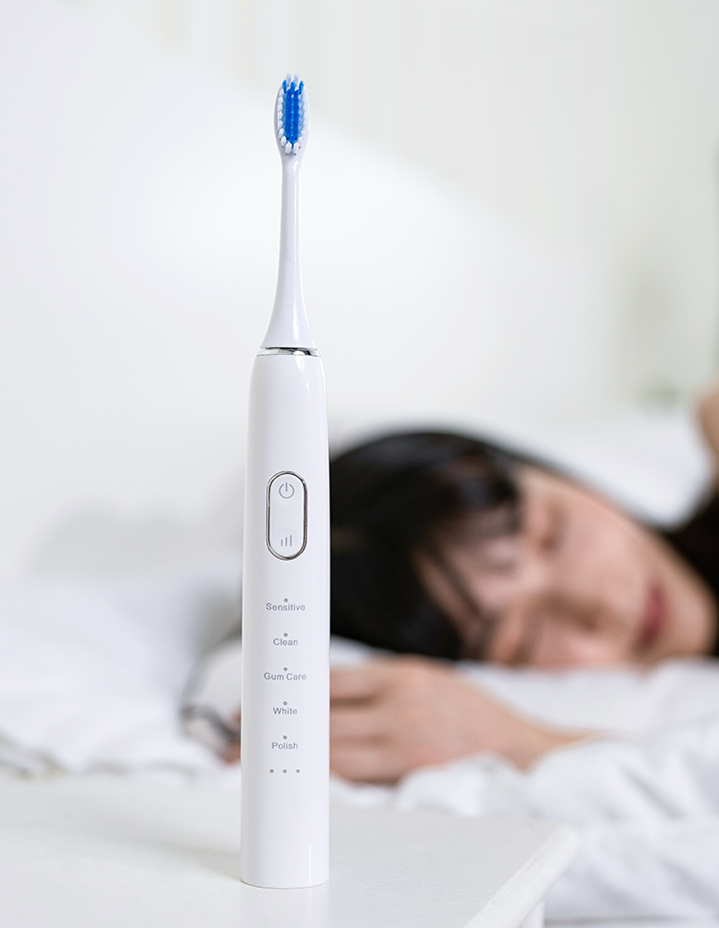
Solutions for Electric Toothbrushes noisy problem
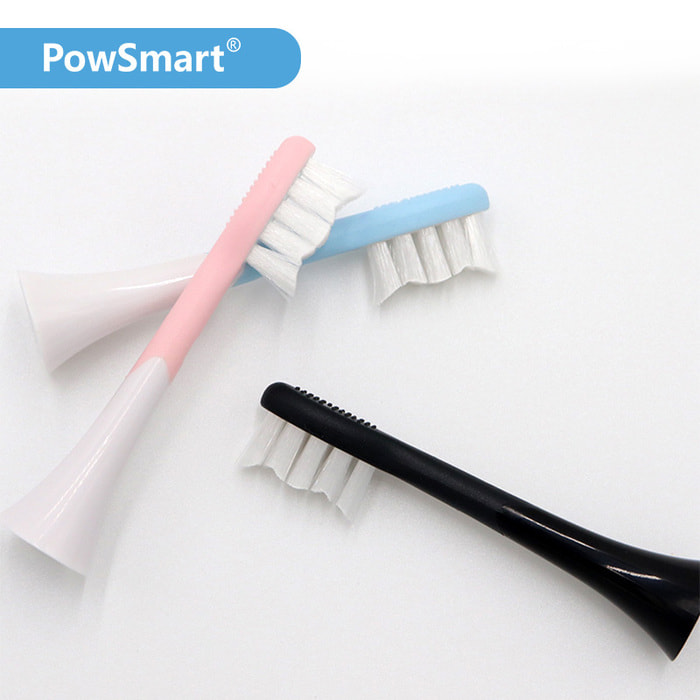
electric toothbrush heads Ultra Soft
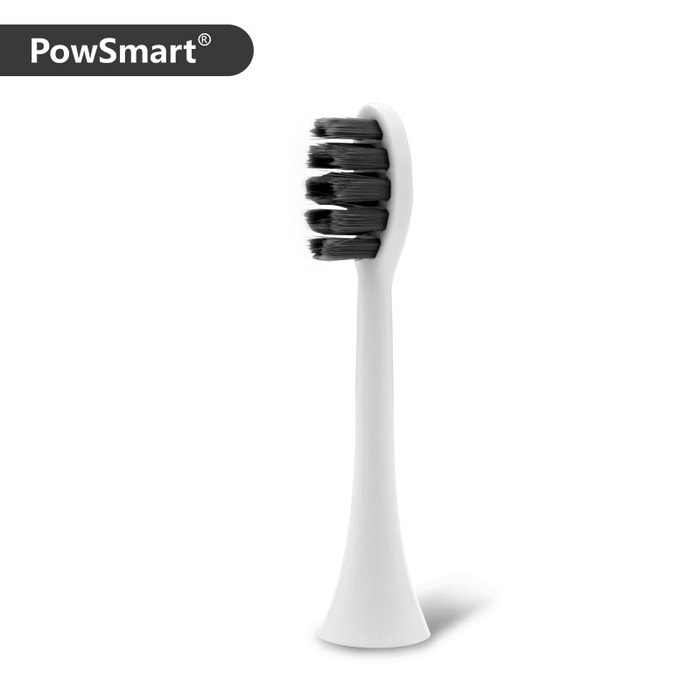
Electric toothbrush heads Charcoal Infused-Diamond
.jpg)
Florida Electric Toothbrush – Powsmart PTR-C8
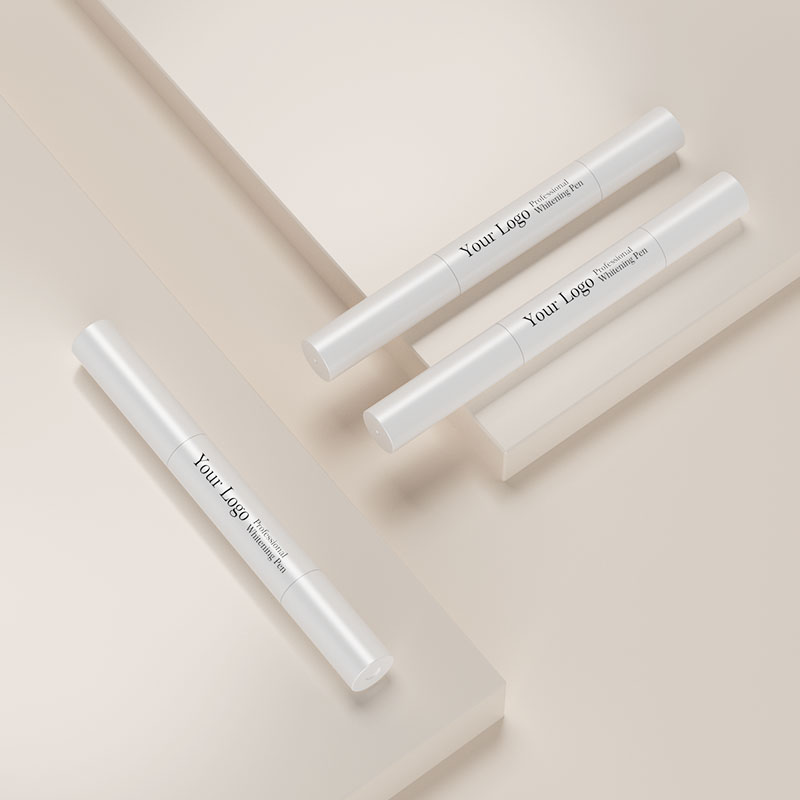
Customization Teeth Whitening Gel
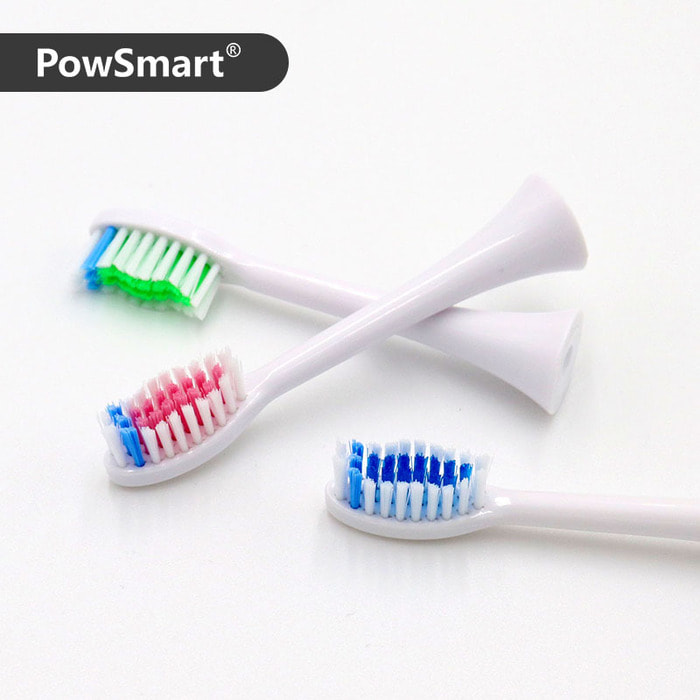
electric toothbrush heads Regular Clean
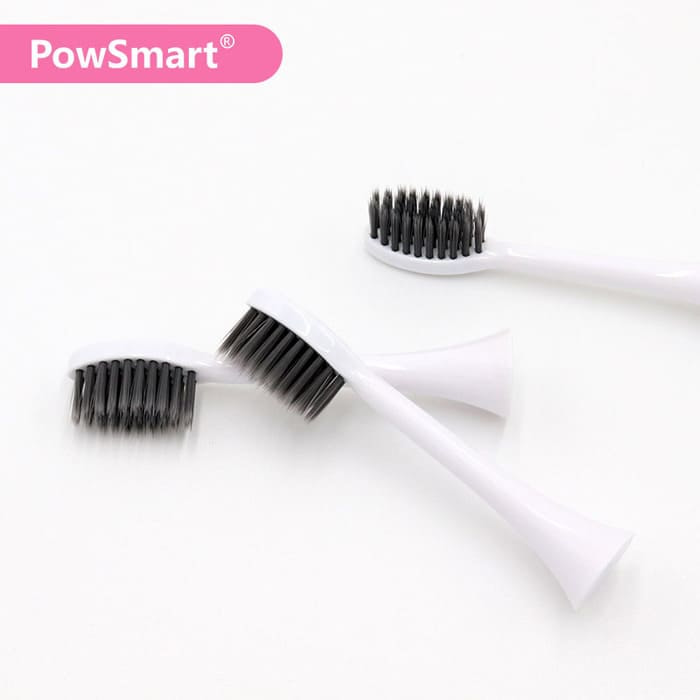
electric toothbrush heads Charcoal Infuse-Round
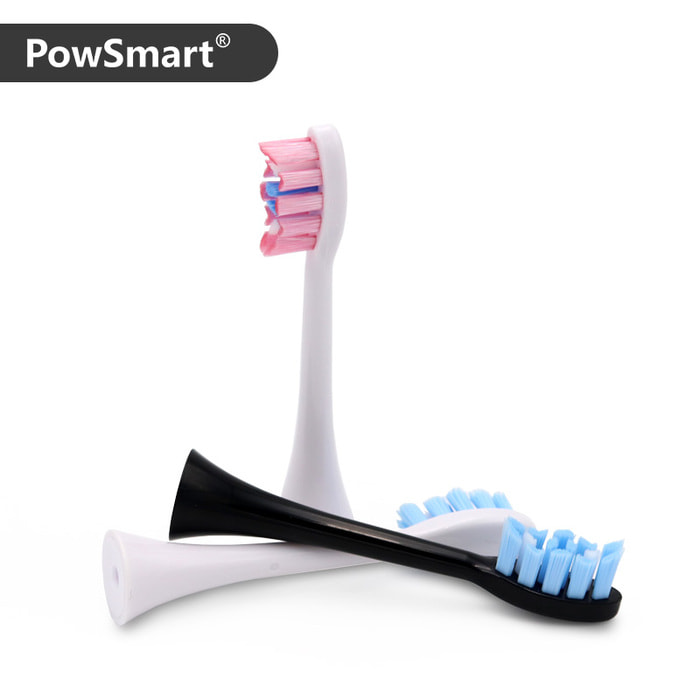
electric toothbrush heads Deep Clean
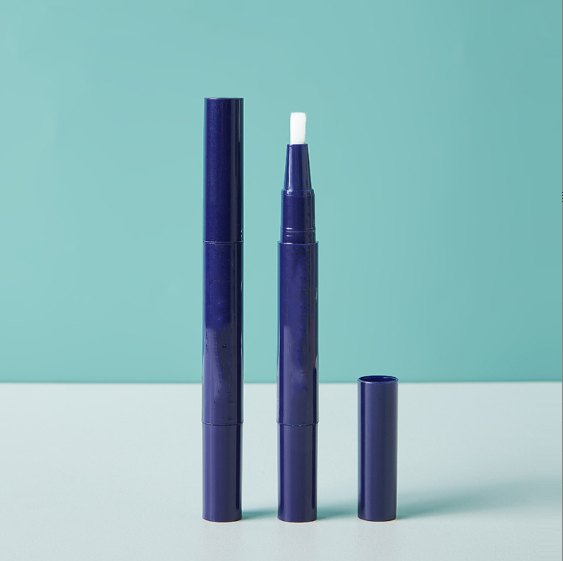
Private Label Whitening Gel